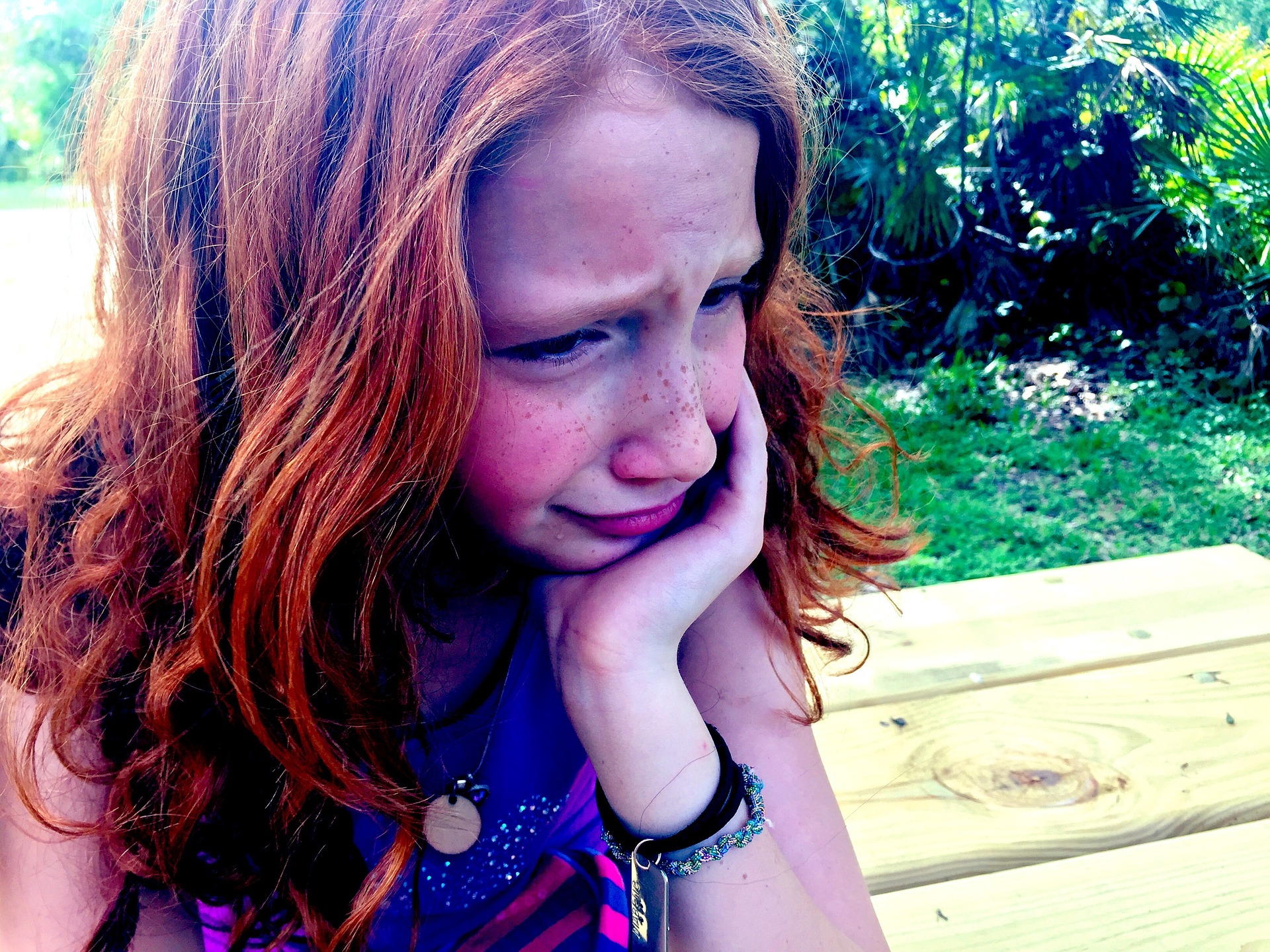BNA Annual General Meeting 2025
1st April 2025
14th Nov 2016
A new study from Stanford University suggests that stressful events affect the brains of girls and boys in different ways.
The study involved around 60 children aged 9-17 who all underwent MRI scans. The boys and girls were spilt naturally by those who suffer form Post Traumatic Stress Disorder (PTSD) and those who were healthy.
PTSD is usually triggered by accidents, violent personal attacks, sexual abuse and/or witnessing violent crimes and disasters. Exposure to these events does not always result in PTSD, but those who develop it usually suffer from flashbacks and nightmares.
The study found that a part of the brain called the insula was affected; this plays a role in emotions and empathy. The size of the insula was reduced in traumatised girls compared to the controls. However, in the trauimatised boys it was bigger than the controls.
The insula usually shrinks in size as children and teenagers become older. This led the researchers to believe traumatic stress could contribute to ageing in girls.
These results suggests that male and female children might benefit from different approaches to treatment for their PTSD; further research is still needing to be done in this area.
To read more about this, please head to Wiley Online Library